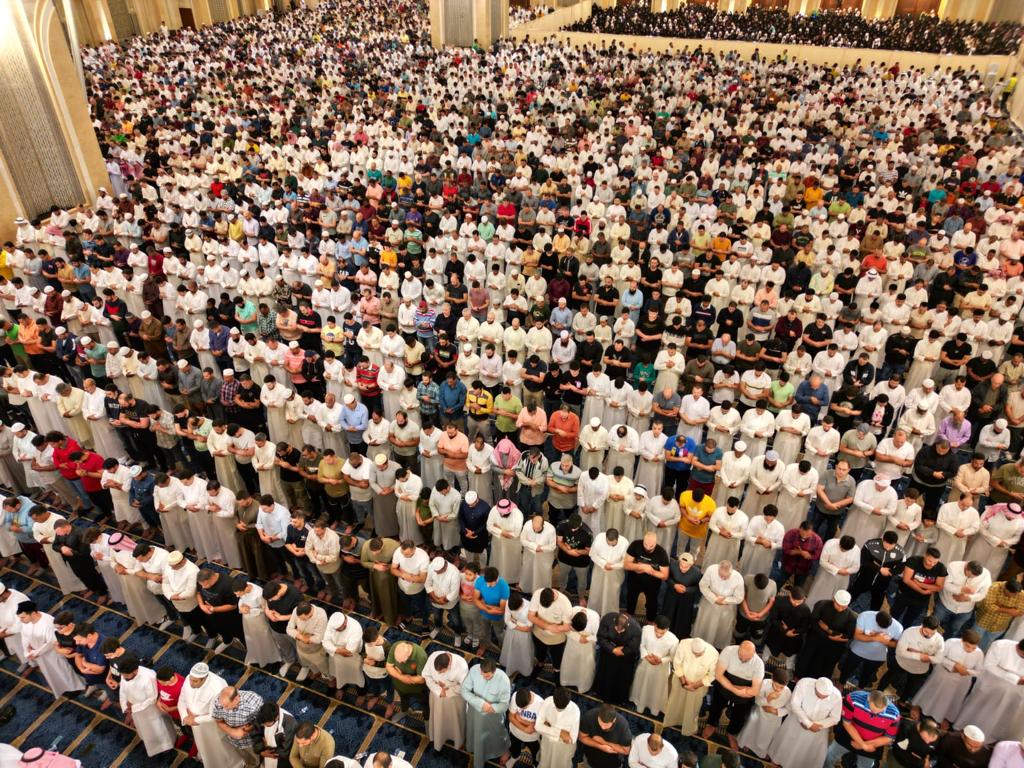By Shakir Reshamwala
KUWAIT: Thousands of worshippers spent the night of the 27th of Ramadan in prayer and supplication at the Grand Mosque early Tuesday. The attendees savored the atmosphere at the Grand Mosque, which reopened for nightly prayers after three years due to the COVID pandemic and maintenance works.
Eight rakats of tahajjud were performed, followed by three rakats of witr. The first four rakats were led by Sheikh Fahad Al-Kandari, and the remaining by Sheikh Meshari Al-Afasy. No sermon was scheduled after four rakats as on other nights.
Kuwait authorities have secured 27 mobile medical clinics with the required equipment and staff to operate during nightly prayers, Health Minister Dr Ahmad Al-Awadhi said during a tour of the Grand Mosque and Bilal bin Rabah Mosque on Sunday to inspect medical preparations. Awadhi urged worshippers who suffer from chronic diseases to take their medication regularly as prescribed by doctors.
The Grand Mosque in Kuwait is the hub of worship in Kuwait in Ramadan, and thousands pack its cavernous interiors throughout Ramadan. Many believe ‘Laylatul Qadr’ (Night of Power or Decree) falls on night of the 27th of Ramadan, but this is not a confirmed fact as Prophet Muhammad (PBUH) instructed Muslims to hunt for this night on the odd-numbered nights of the last 10 days of Ramadan. Qiyam ul-layl or special nightly prayers are therefore held during these nights at the Grand Mosque and many other mosques across Kuwait.
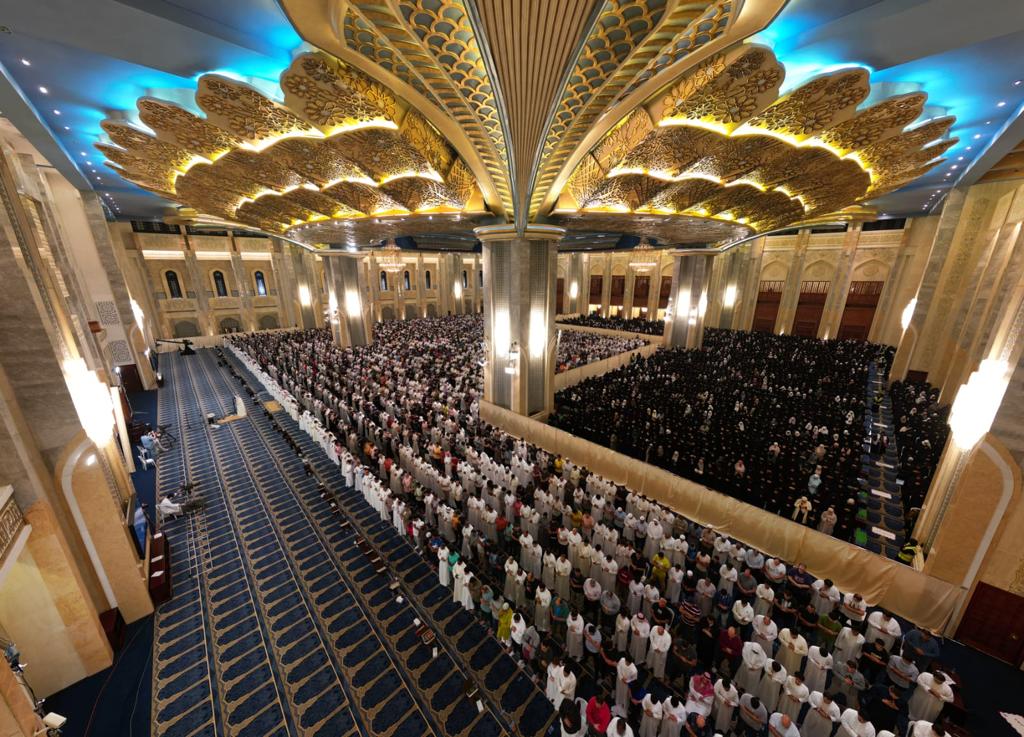
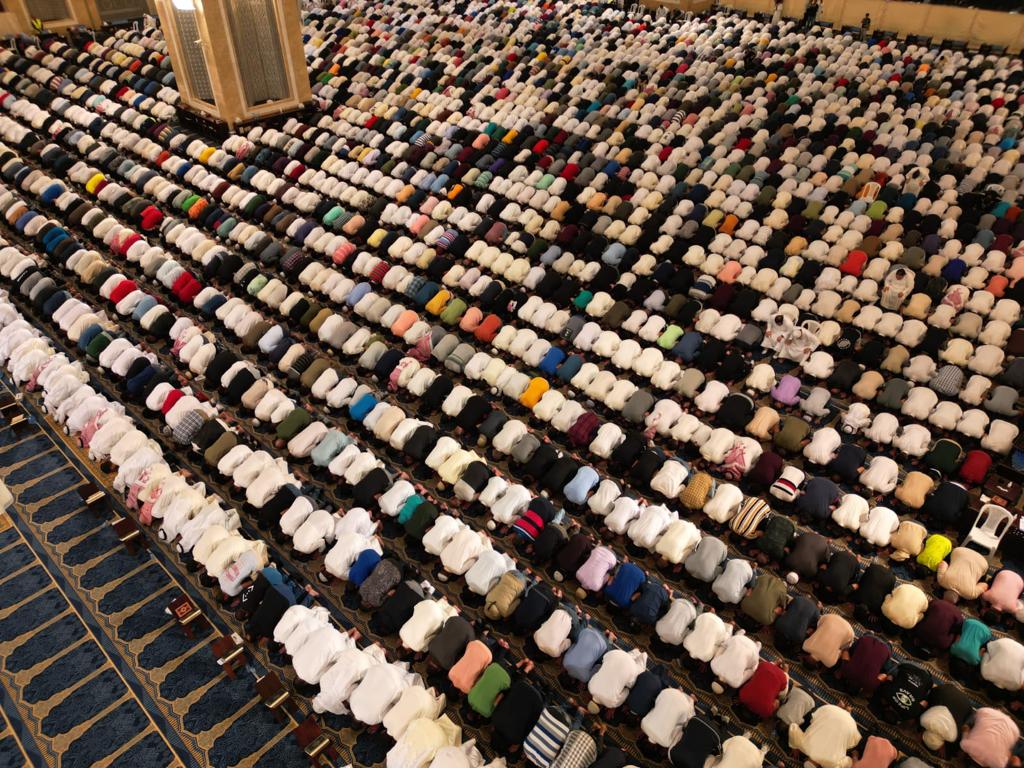
Laylatul Qadr holds great significance for Muslims, and the last ten nights of Ramadan are spent in prayer and meditation. Ubaadah bin Saamit (RA) reports that he asked the Prophet (PBUH) about Laylatul Qadr. He replied: “It is in Ramadan, during the last ten days, on the unevenly numbered nights, either the 21st 23rd, 25th, 27th, 29th or the last night of Ramadan. Whosoever stands in ‘ibaadah’ (worship) on this night, with sincere faith and with genuine hopes of gaining reward, his previous sins will be forgiven. Among the signs of this night is that it is a serene, quiet, shining night, neither hot, nor cold but temperate as if a moon is shining clear, and no meteors are shot at the devils on that night; it lasts until the break of the dawn. Another sign is that at morn, the sun rises without any radiant beams of light, appearing rather like the moon in its fullness. On that day, Allah prohibits the devils from rising up with the sun.”
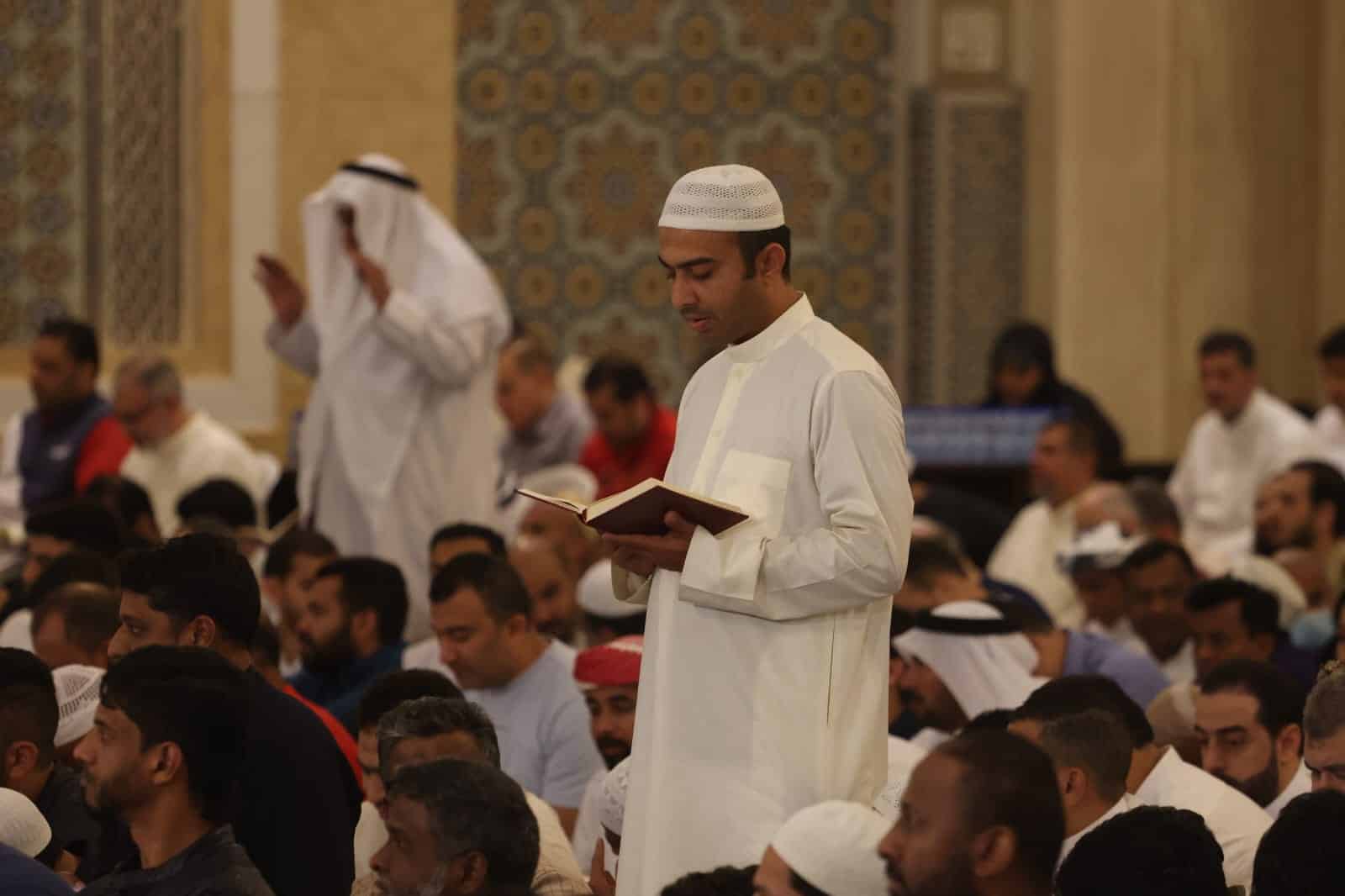
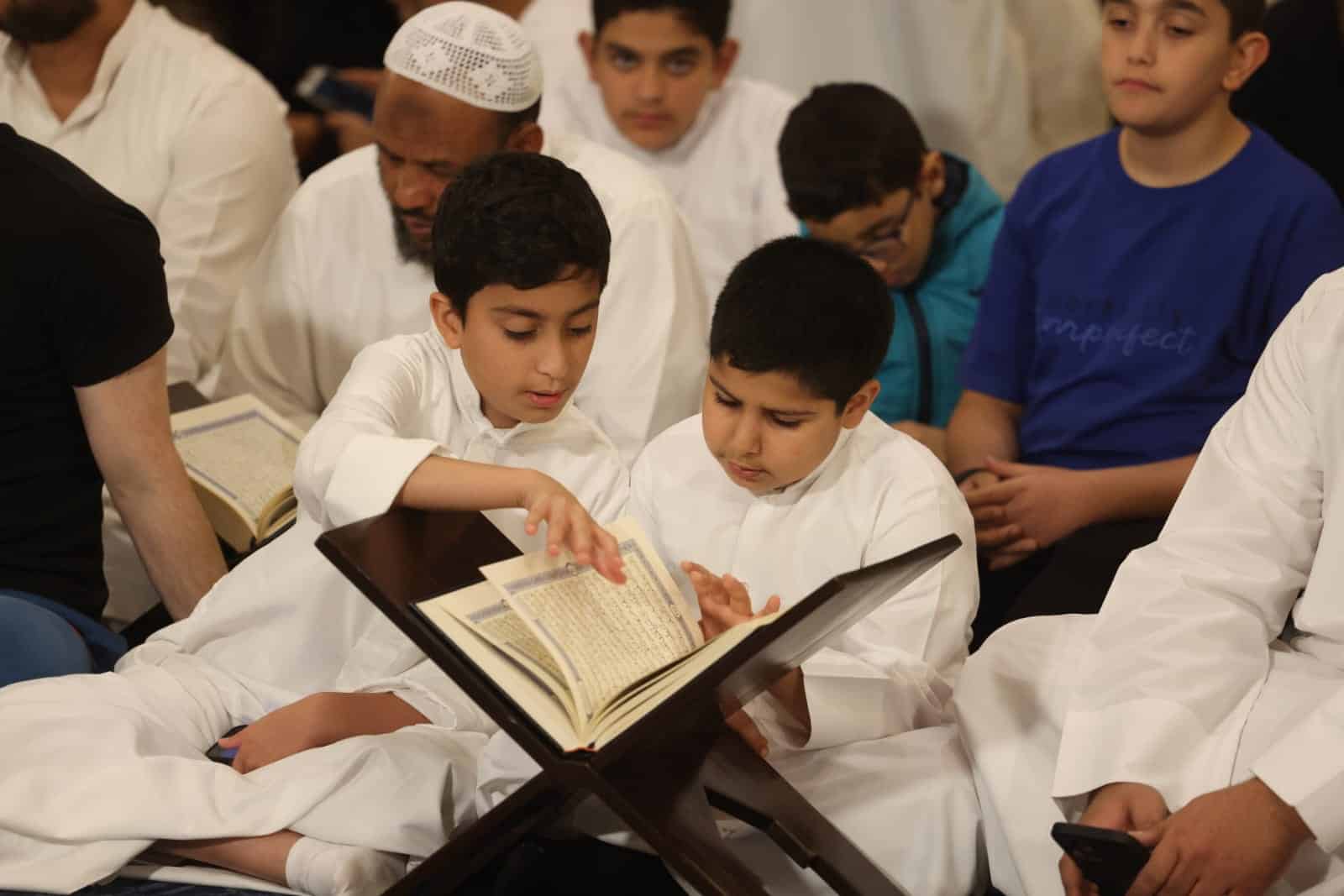
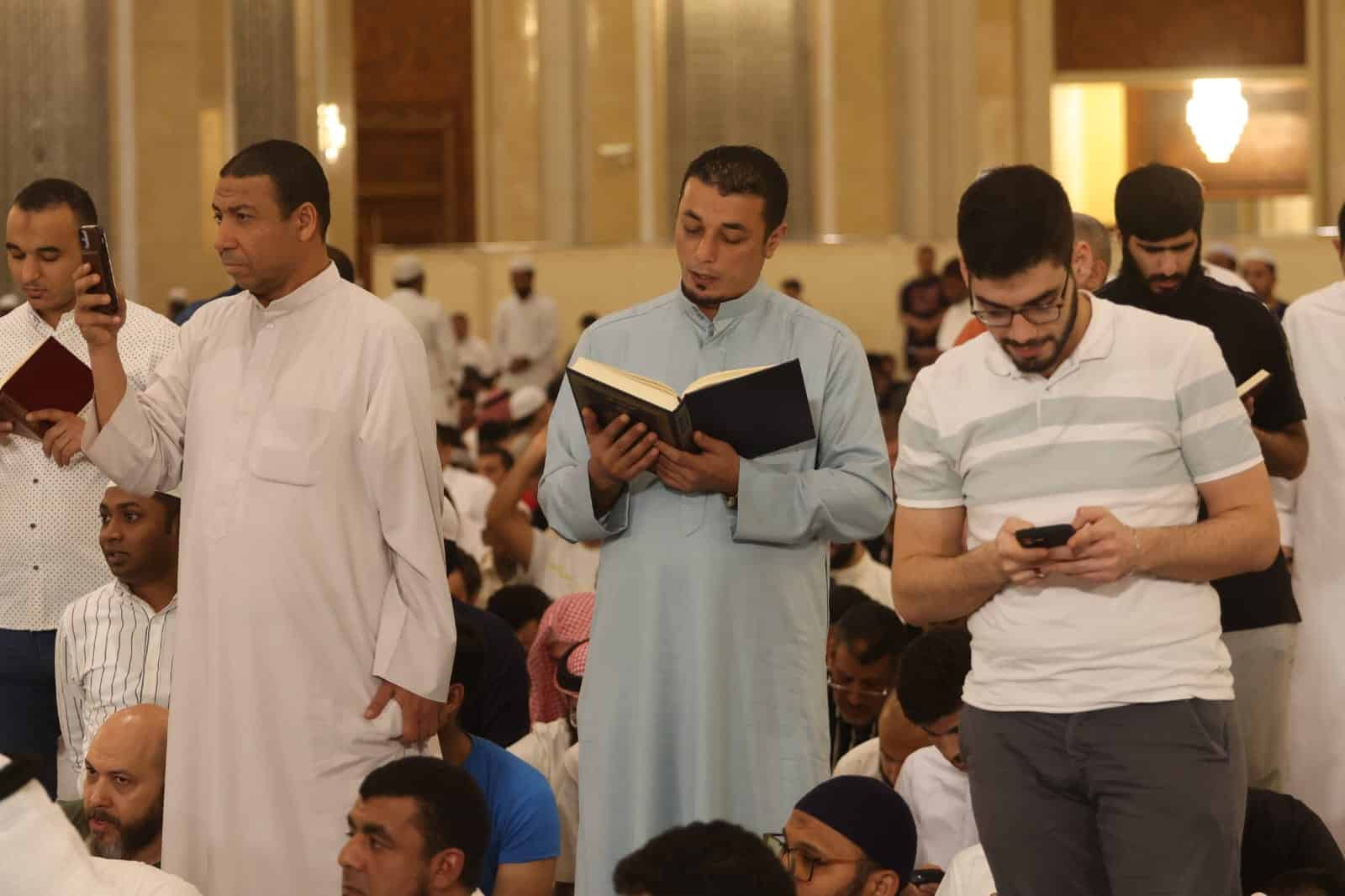
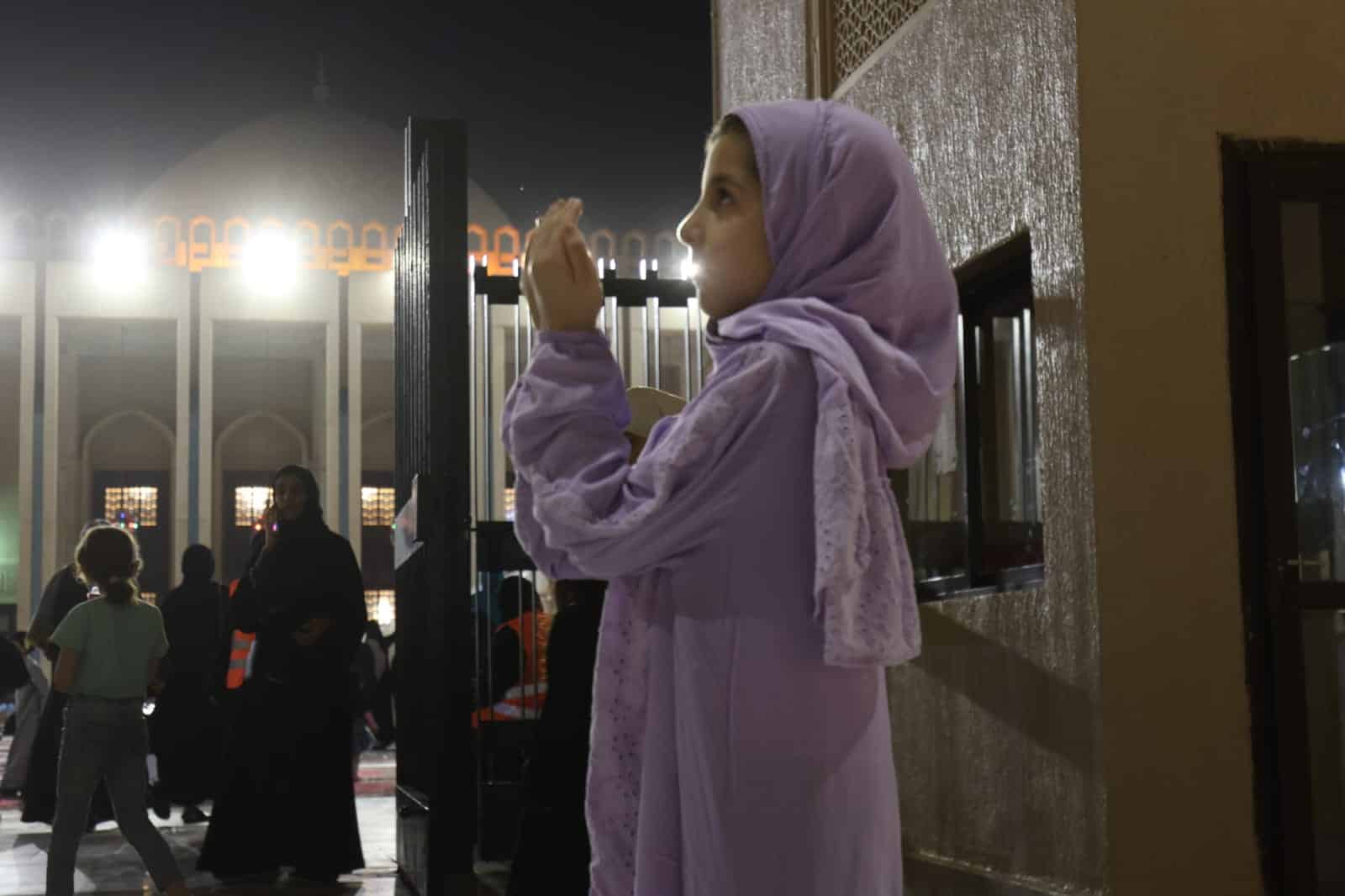
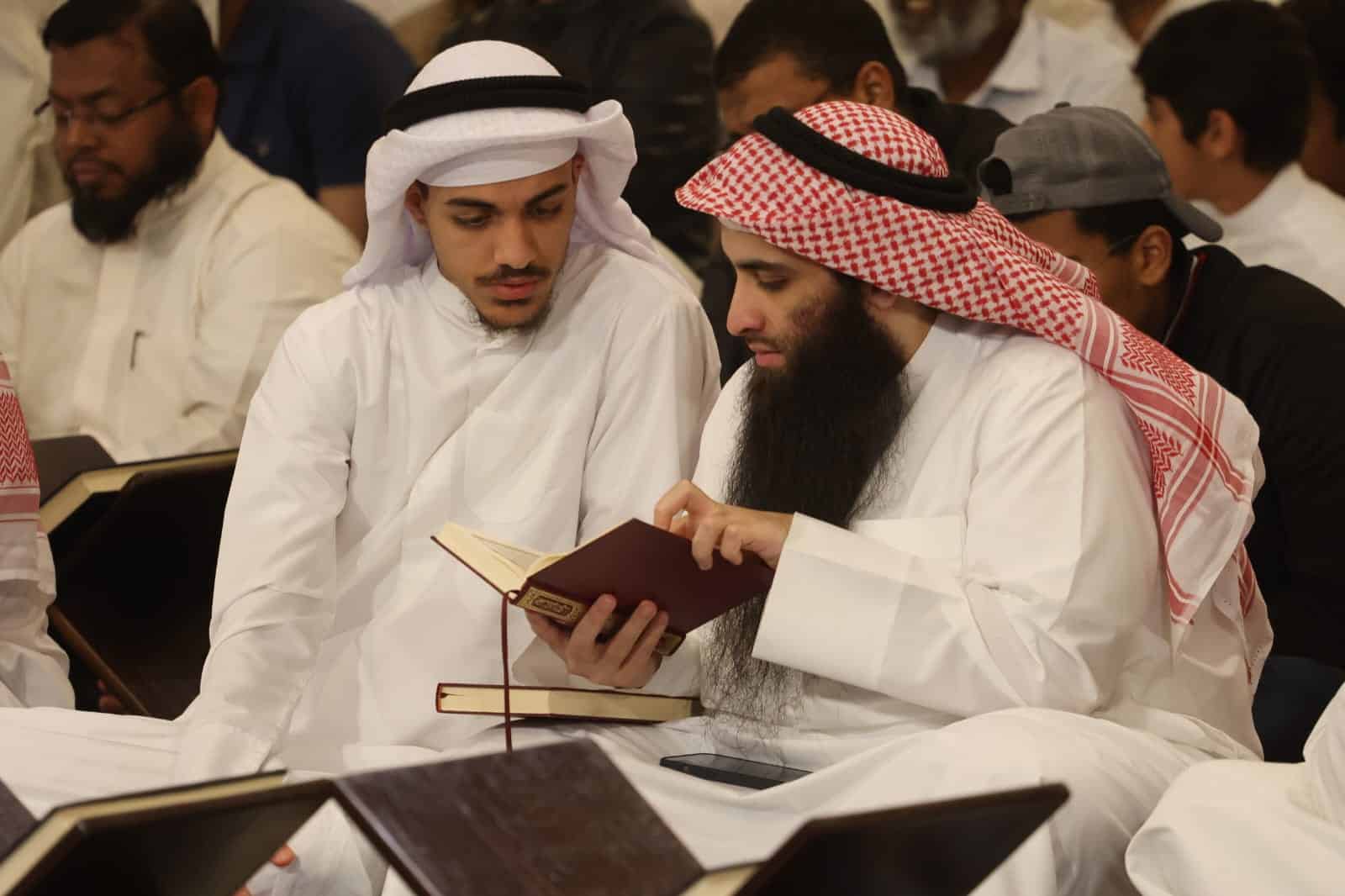
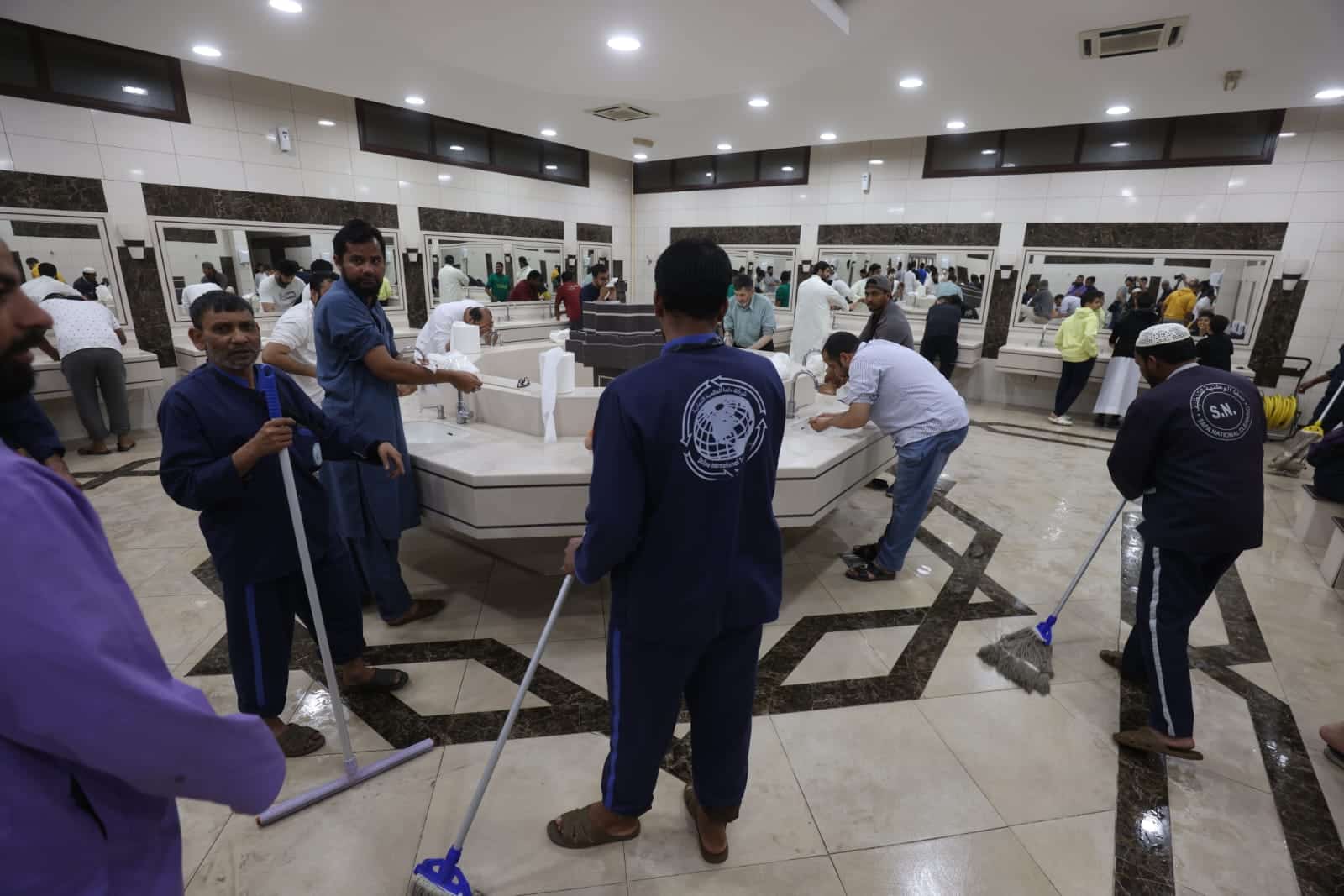
Laylatul Qadr could thus fall on any night, but the night of the 27th is believed by most to be the one, and millions of Muslims around the globe spend this night in prayer. The Holy Quran says that Laylatul Qadr is better than a thousand months, and Allah’s blessings and angels descend on earth on this night. Laylatul Qadr is also the night that Allah first sent down the first verses of the Holy Quran via Archangel Gabriel to Prophet Muhammad (PBUH).

